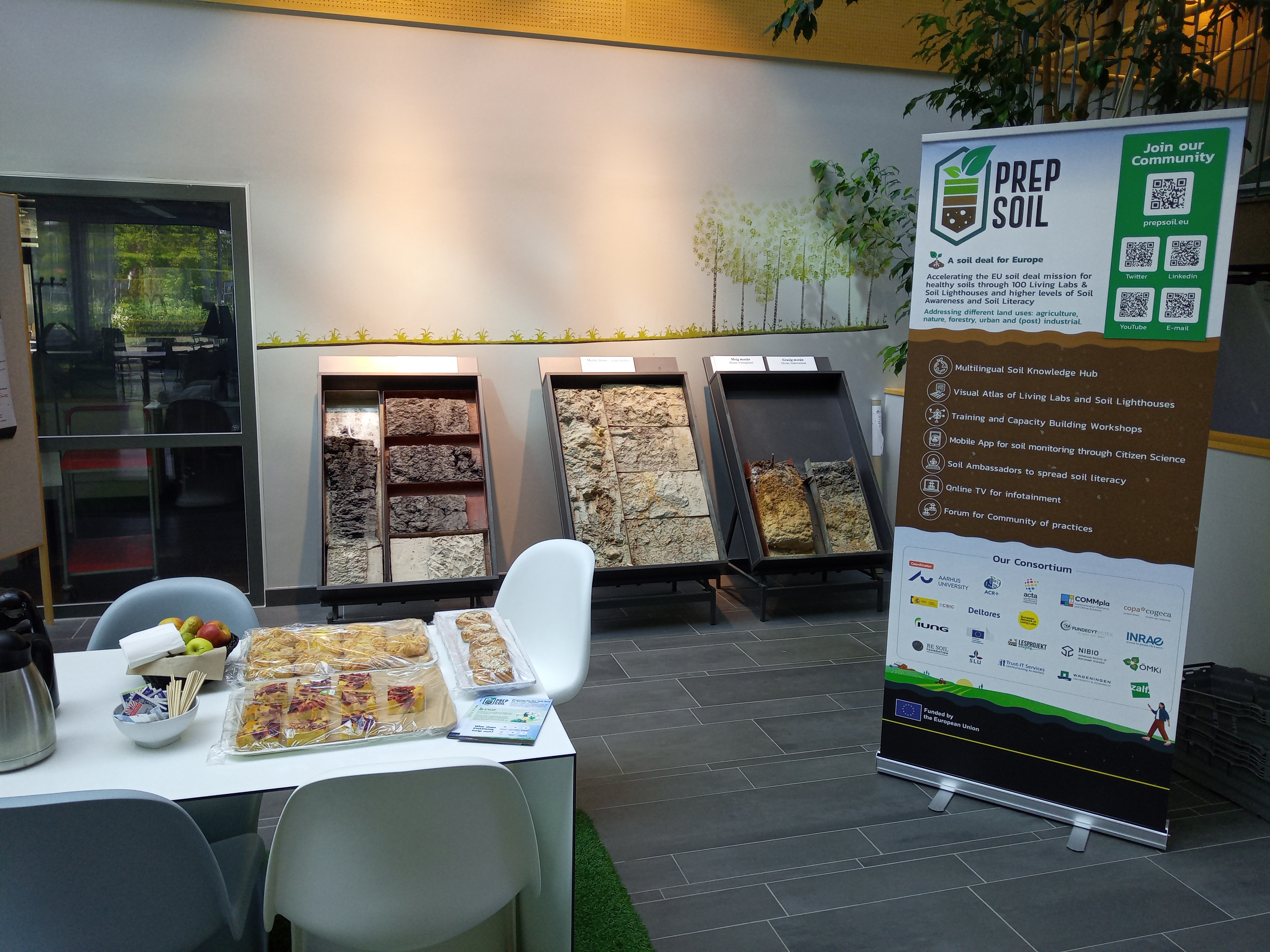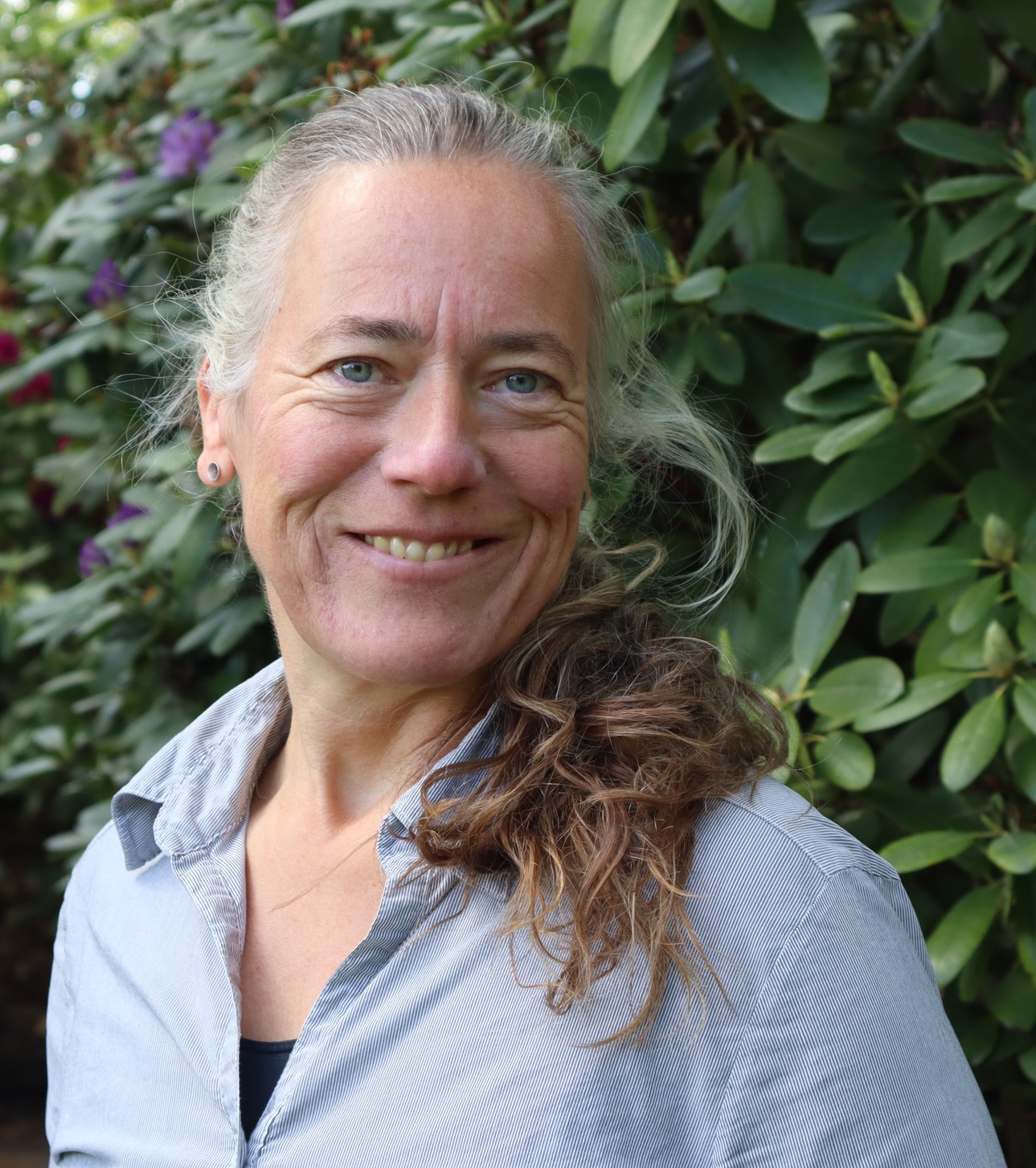Climate Resilient Forestry – Uppsala (Sweden) - The Workshop blogpost

“How do we manage our productive forests soil-smart” was the topic of the Swedish “PREPSOIL Regional Soil Needs Workshop” held on May 29th 2023 at the Swedish University for Agricultural Sciences (SLU) at Uppsala.
The workshop started with four stakeholder lectures providing a general overview on the status of the Swedish forestry and how much carbon forests can store in the vegetation and the soil, and, more in particular, how forestry influences the soils and the hydrology of the active forested site and its adjacent areas. The impact of forestry on methylmercury in water of forest lands is a hot topic in Sweden since a couple of years and was considered as well.
Forestry holds significant importance in Sweden's landscape and cultural heritage, with the country being the world’s 4th leading exporter in pulp, paper and board and sown softwood (2020). Different forest management options (clear felling and uneven-aged continuous cover without creating any large clear-cut areas) were discussed in relation to soil disturbance and economy.
Knowledge about the relationship between carbon storage in trees vs. soil is essential when discussing forestry on mineral soils and on drained organic soils (peatlands). The Swedish Forest Soil Inventory (About the Swedish Forest Soil Inventory | Externwebben (slu.se)) and the Swedish National Forest Inventory (The Swedish National Forest Inventory | Externwebben (slu.se)) are two country wide programs describing the state and changes in Swedish forests and forests soils.
The participants further discussed to what extent wood products can reduce the use of fossil fuels (substitution effect) and that the climate benefits of forests must be balanced against other societal requirements (e.g. biodiversity, tree product and energy needs, reindeer husbandry, social values of forests...), to climate-adapt managed forests by increasing the variation in management (e.g. more deciduous trees and extended rotation periods in forests without high risk of damage) and that preventing the occurrence of driving damage is an important goal for Swedish forestry. Participants were engaged in discussions about the bark beetle’s mass attacks being the most serious tree death in Europe and its economic and ecological damage for forests and forestry. Drought was a serious problem discussed but forest fires have not been seen as a problematic issue.
The Parliament's definition of the environmental objective “Living forests” was talked about: “The value of forests and forest soils for biological production is to be protected while preserving biodiversity and safeguarding cultural and social values” and it was emphasised that preserving and maintaining a good soil status can be more valuable than improving something new.
The Swedish Soil Needs Workshop on climate resilient forestry was nicely integrated among other national workshops related to forestry and society. Discussions will continue on other manifested platforms such as the Krycklan Catchment Study (Krycklan Catchment Study (KCS) | Externwebben (slu.se)), The Royal Swedish Academy of Agriculture and Forestry (www.ksla.se) and the IUFRO World Congress 2024 to be hosted in Stockholm (IUFRO Stockholm 2024 (iufro2024.com)).
